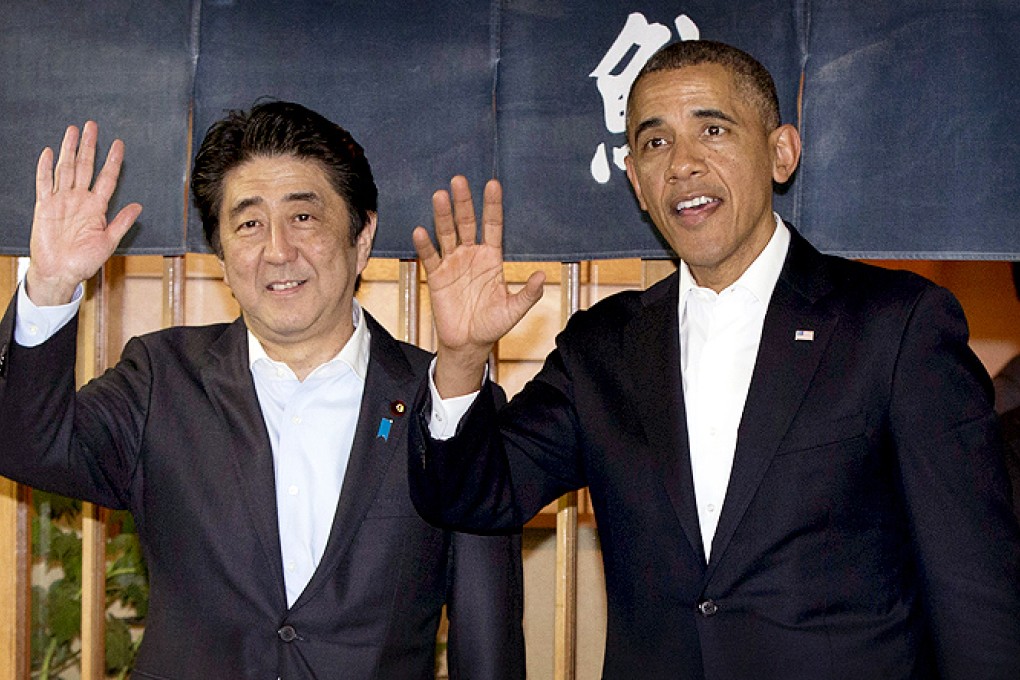Update | Beijing angered by Obama's stance on disputed Diaoyu Islands
President says US opposes any attempts to undermine Tokyo's control of disputed islands

US President Barack Obama has angered Beijing by saying the uninhabited Diaoyu Islands in the East China Sea, which are claimed by China and Japan, would be covered by the US-Japan security treaty. He is the first US president to spell this out.
He gave the assurance as he began a four-nation Asia tour in Tokyo yesterday.
Watch: Imperial pomp starts Obama's Japan visit
China was quick to hit back. "The so-called security alliance between the US and Japan is a bilateral arrangement made during the cold war period, and it should not be used to damage China's sovereignty and legitimate interest," foreign ministry spokesman Qin Gang said. "We resolutely oppose applying the Diaoyu Islands to the Japan-US security treaty."
We resolutely oppose applying the Diaoyu Islands to the Japan-US security treaty
China and Japan are engaged in a bitter territorial dispute over the Diaoyus, known as Senkakus in Japan. The risks of an unintended conflict were highlighted in January when Tokyo alleged that a Chinese frigate locked its radar on a Japanese destroyer in the East China Sea. In December, the US military cruiser Cowpens had to take evasive action in the South China Sea to avoid hitting a warship supporting China's first aircraft carrier, Liaoning.